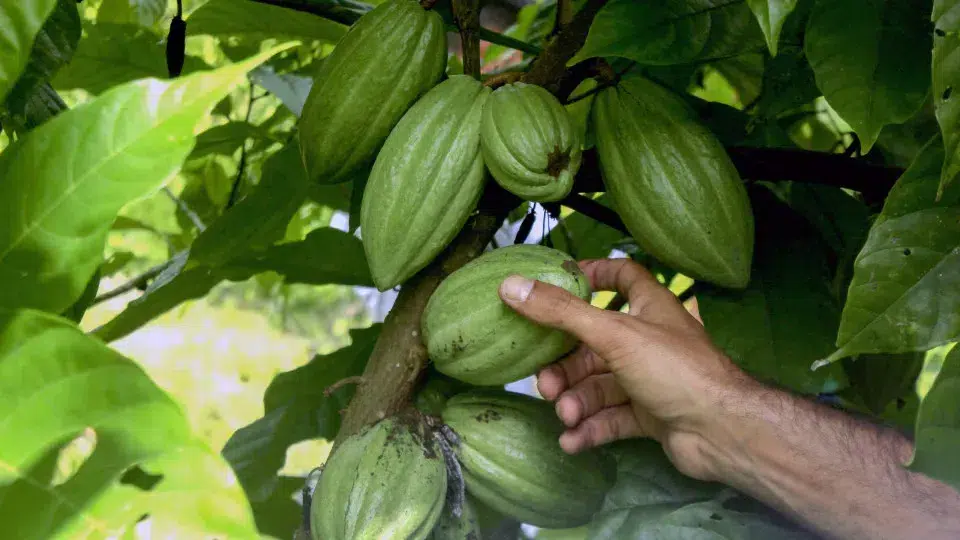
“Agriculture is one of the engines to support diversification, but not family farming; we need to shift to commercial agriculture, agribusiness, with private investment,” stated Juan Carlos Alvarez in an interview about Angola’s 50th independence anniversary this month.
Asked about how the World Bank can support the government’s efforts in economic diversification, deemed essential by analysts for robust growth, Alvarez emphasized the importance of creating a favorable environment for private investment.
“What we need to do is support the Government in creating the right conditions to attract private investment in agribusiness, which Angola was already positioned for 40 years ago; it has vast agricultural production potential, geographical diversity, water, and fertile soils, so the country could leverage all the opportunities the agricultural sector offers,” he explained.
For the World Bank, agriculture is not just a sector to explore in Angola, but an industrial area that can underpin the transformation of the Angolan economy.
“We’re looking at how we can use our group’s experience (MIGA, IFC, etc.) to enhance value chains in the agricultural sector, so it’s not just a sector that provides food. We aim to support the government in food security and the export of not only raw products but also processed goods, which generates jobs, aids human capital, and improves quality of life,” said the official.
Reflecting on the World Bank’s involvement in Angola since its independence from Portugal on November 11, 1975, Juan Carlos Alvarez noted two major periods that coincide with the tenure of the current President, João Lourenço.
“The World Bank’s involvement in Angola began in 1994 when Angola became a member, but only recently has our involvement increased due to the perception that we are merely financiers, which some countries are not interested in, leaving policy dialogue aside,” he remarked, indicating that the situation changed towards the end of the 2010s.
“In 2019, we began a different kind of involvement. To provide financing and offer our knowledge, we needed to earn the trust of our counterpart, the Government. From 2019, we gained that trust, allowing us to enter discussions on economic policies and structural reforms beyond financing,” the official recalled.
The World Bank’s overarching goal, achieved in Angola as well, is “to go beyond infrastructure financing to engage in public policy discussions where the World Bank can contribute.”
Asked about the change in the relationship between the World Bank and Angola in 2019, shortly after the departure of long-time President José Eduardo dos Santos, Juan Carlos Alvarez said the change “was not planned.”
Angola, he explained, “lacked significant experience with international financial institutions, as its economy didn’t need to approach global markets due to its oil-based economy, which thrived during the oil boom. Thus, there was no need for international banking, as they had ample resources.”
He concluded, “As the World Bank established itself and the economy shifted from 2014 with the oil crisis, there was a way to approach and learn about what the World Bank could offer. Our relationship evolved in 2018, 2019 as knowledge increased.”




